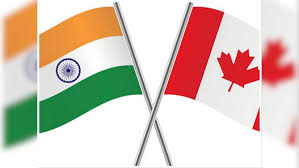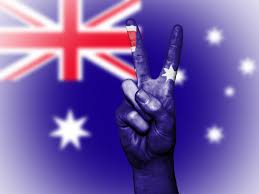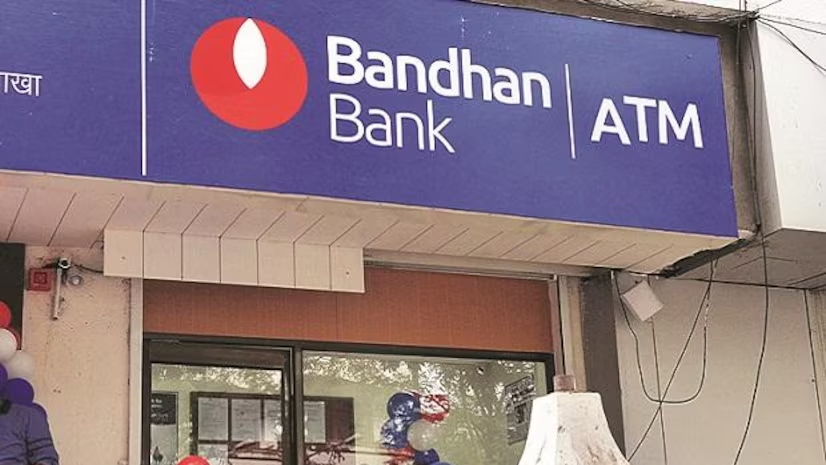This week, a significant diplomatic crisis erupted between Canada and India following serious allegations from Canadian officials suggesting involvement of Indian government agents in murder and extortion schemes on Canadian soil. As relations reach an unprecedented low, the implications extend beyond political tensions, raising critical concerns about immigration processes and economic ties between the two nations.
The fallout from this rift is particularly profound given that bilateral trade between Canada and India is valued at billions of dollars. Canada is home to nearly 1.7 million people of Indian origin, highlighting the deep-rooted connections between the two nations. The deterioration of diplomatic relations presents challenges not only for government officials but also for businesses and individuals navigating immigration processes.
With ongoing tensions, experts express growing concern over the uncertainty that may permeate economic and personal decisions. “The biggest challenge, particularly for business and citizens, is going to be uncertainty,” said Arif Lalani, a senior advisor at StrategyCorp and former Canadian diplomat. This sentiment captures the anxiety that many feel as the potential for tariffs or economic retaliation looms large.
Negotiations for a bilateral trade agreement, which have been ongoing for over a decade, were paused last year when Prime Minister Justin Trudeau publicly accused India of being connected to the murder of Sikh separatist Hardeep Singh Nijjar in Surrey, British Columbia. Following these accusations, India temporarily halted visa processing for Canadian citizens, although this was short-lived as processes resumed. Yet, trade between the two countries continued largely unaffected, with bilateral trade reaching approximately $8 billion, according to figures from India’s trade ministry.
Despite reassurances from Canada’s trade minister that the government does not seek to disrupt commercial ties with India, experts like Lalani predict that ongoing diplomatic tensions could push businesspeople in both nations to consider alternative markets. “People will be thinking twice in terms of expanding trade or trying to build on what they already have,” he stated, indicating that the fear of escalating tensions could lead to hesitancy among investors.
One major concern arising from the diplomatic fallout is the impact on immigration. Since 2018, India has been the leading source of international students in Canada, contributing significantly to the educational landscape. Approximately 4% of the Canadian population is of Indian descent, underscoring the human connections intertwined with the economic ties. Karan Thukral, a lawyer based in Delhi, emphasized these connections, noting that many of his clients are now apprehensive about how the strained relations could influence their aspirations to work or study in Canada.
While immigration processing remains operational, Thukral cautioned that clients should be prepared for potential delays stemming from the reduction of diplomatic personnel in both countries. The concern within the Canadian Indian diaspora regarding the possibility of renewed visa restrictions from India is palpable. Jeff Nankivell, president of the Asia Pacific Foundation of Canada, articulated these fears, suggesting that any further visa limitations would likely have adverse effects on trade, tourism, and investment between the two countries. “The Indian government has already shown its willingness once to suspend visa issuance, so it’s possible they could do so again,” Nankivell stated, reflecting the anxiety felt within the community.
As Canadian authorities continue to investigate the circumstances surrounding Nijjar’s murder, including multiple inquiries into the alleged involvement of Indian government agents in “serious criminal activity,” the tension shows no signs of abating. Four individuals, all Indian nationals in their 20s, have been arrested in connection with the case, but the extent of their ties to the Indian government remains unclear, leaving many questions unanswered.
The political landscape is further complicated by Prime Minister Trudeau’s reaffirmation of his stance on the allegations against India. He has criticized India’s alleged aggressive interference in Canada’s sovereignty while expressing a desire to maintain the economic and social connections that bind the two countries. “We don’t want to be in this situation of picking a fight with a significant trading partner, with whom we have deep people-to-people ties and a long history and are fellow democracies,” Trudeau stated, illustrating the delicate balance that needs to be maintained during this crisis.
India’s response has been equally forceful, labeling Trudeau’s behavior as “cavalier” and asserting that Canada has failed to provide substantial evidence to support its accusations. The Indian government has emphasized its position by stating that it “reserves the right to take further steps” in response to the ongoing diplomatic tensions. Meanwhile, Canada’s Foreign Minister Mélanie Joly has indicated that all options, including sanctions, remain on the table, heightening the stakes of the situation.
As the crisis unfolds, the potential implications for immigration processes are particularly concerning. Many individuals seeking to study or work in Canada may find themselves caught in a web of uncertainty, affecting their long-term plans. The broader impact on families and communities will also likely reverberate, as many individuals rely on familial and cultural connections across borders.
In summary, the recent diplomatic breakdown between Canada and India poses significant risks, particularly regarding immigration and economic relations. The uncertainty generated by these tensions could have lasting implications, making it essential for both countries to navigate this complex situation carefully to preserve the deep ties that have historically united them. As developments continue to unfold, it will be crucial to monitor their impact on individuals, businesses, and the overall economic landscape between Canada and India, particularly within the context of immigration and international cooperation.




